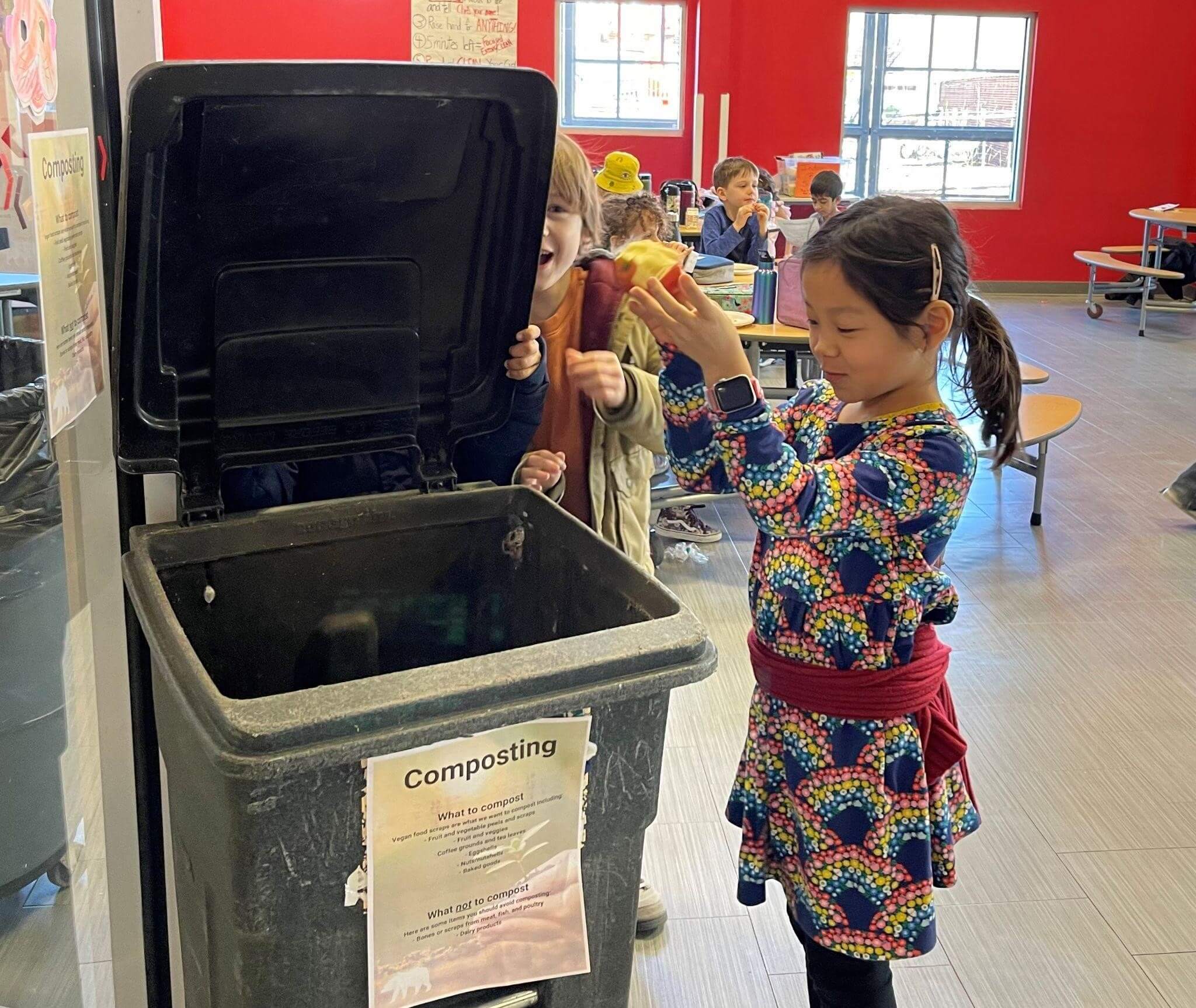Given the current climate crisis, as students return to classes, Red Hook schools are making efforts towards increased sustainability. As the Department of Education Office of Sustainability works city-wide to “integrate sustainability into the daily operations of [New York City public] schools,” the Red Hook community is also doing its part to take environmental action on a local-level – action that is important to recognize, implement, and improve during this year’s back-to-school season.
The Harbor Middle School in Red Hook – P.S. 676 – is approaching this goal of sustainability in an engaging way. With classes that explore the importance of environmental justice, Harbor Middle School is incorporating into the curriculum climate change education and how students can help address the vast problems their generation is facing. According to a recent NYC Emergency Management press release, Harbor Middle School earned the 2023 “Ready School of the Year” award.
Kevin Moran, the NYC Public Schools’ Chief School Operations Officer, congratulated the students “engaged in environmental justice, community resilience, and climate emergency preparedness work, embracing the ethos of this award and leading by example for their peers.” Partnering with The RETI Center, a local non-profit organization working to build resilience to climate change in coastal cities, Harbor Middle School students used recycled and repurposed materials to build a garden aimed to address issues such as flooding and sewage overflows. Students also engaged in various other repurposing initiatives.
Harbor Middle School’s award draws attention to the importance of students in sustainability initiatives. It is crucial for schools to look to Harbor Middle School as an example and educate their students on climate change and the importance of taking environmental action within the Red Hook community. These students are ultimately the individuals who have been and will continue to be the proponents of acts to resist climate change this upcoming school year.
Sustainability initiatives are also underway at other Red Hook schools. At BASIS Independent Brooklyn, students have taken building a culture of sustainability into their own hands. According to Jo Goldfarb, Director of Communications at BASIS Independent Brooklyn, their “high school student government and ECO Club kicked off a composting program at the school that they hope to grow in the year ahead.” With support from the New York City Compost Project at the Red Hook Community Farms, students at BASIS Independent Brooklyn have been able to support their goal of avoiding food waste – a commendable effort that will hopefully expand as the school enters their tenth school year this fall.
Aligning with the focus on reducing food waste, BASIS Independent Brooklyn’s high school students, teachers, and parents also came together to help run a lunch redistribution program to give their extra lunches to individuals within the Red Hook community. According to Goldfarb, “teachers also make education on the climate crisis a priority from primary school to students in high school taking AP Environmental Science, hoping to inspire future generations of activists.”
Similarly, the P.S. 15 community is also focused on reducing food waste. Among P.S. 15’s younger student body (PreK – Grade 5), a NYC Public School YouTube video described their recent food “waste audit” in the past school year. During this “waste audit,” students weighed their plates before and after eating to help quantitatively measure the amount of food going to waste. Then, students were instructed to sort their leftovers into different containers based on the type of food, giving the students a visual representation of their daily waste. Through the audit, P.S. 15 aimed to encourage students to make more mindful and sustainable choices.
While many Red Hook schools have taken steps to increase sustainability, it is clear that they can all learn from each other, improve, and expand their practices this upcoming school year. As students head back to school, it would be extremely beneficial to continue efforts to make Red Hook more sustainable. From proper recycling to conserving electricity and offering eco-friendly meal options, Red Hook schools can work as a community to make a difference locally. Education is a crucial factor for today’s generation of students who will likely grow up to become part of a larger effort to respond to the global climate crisis.










